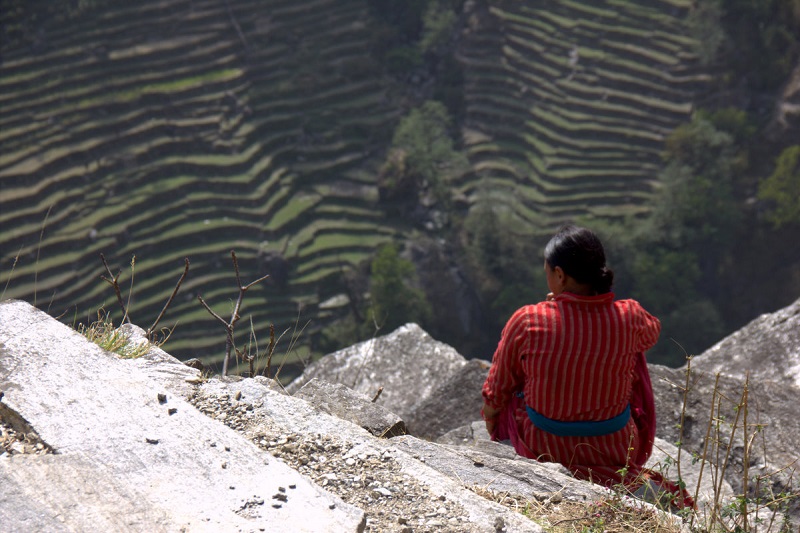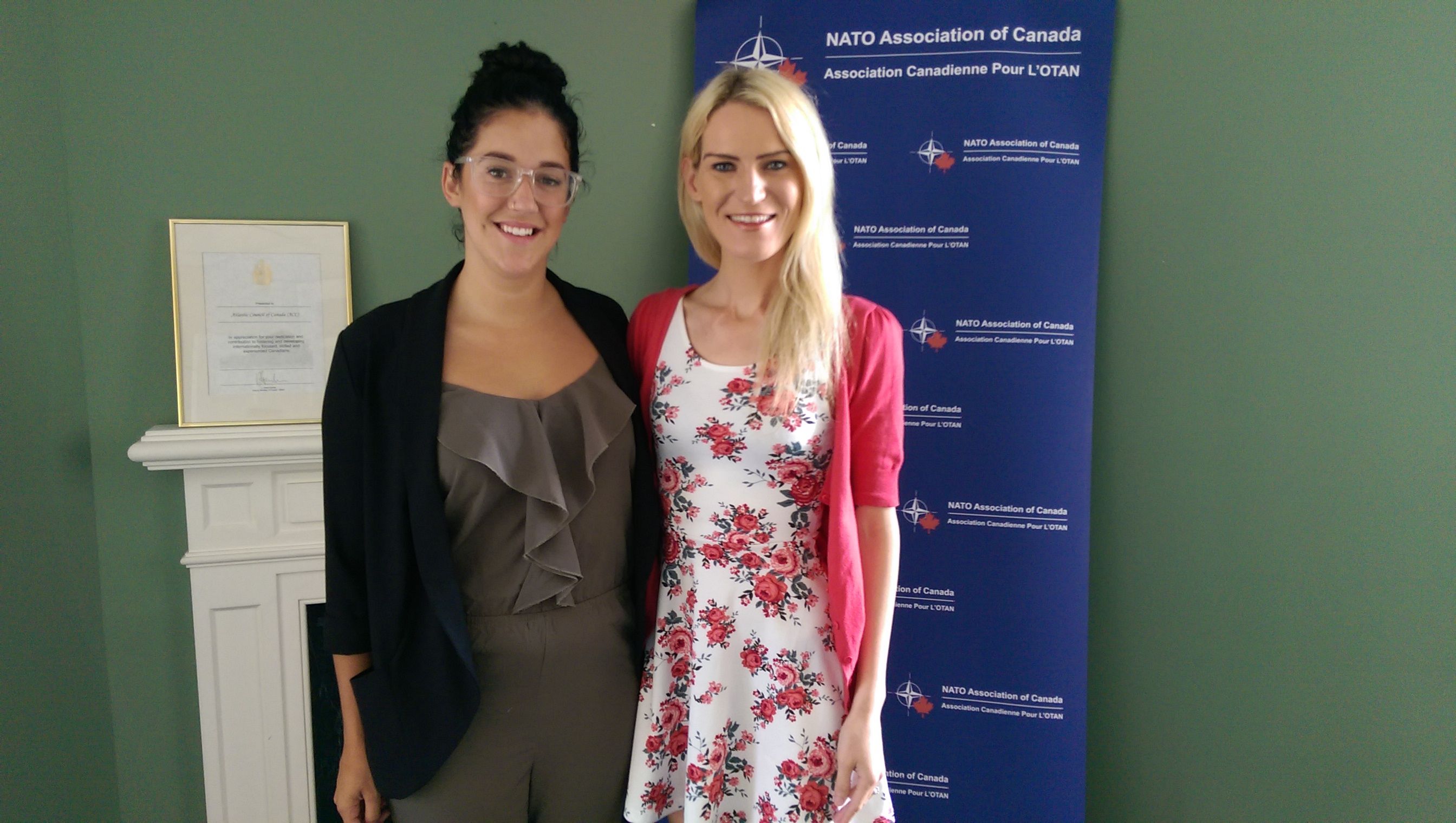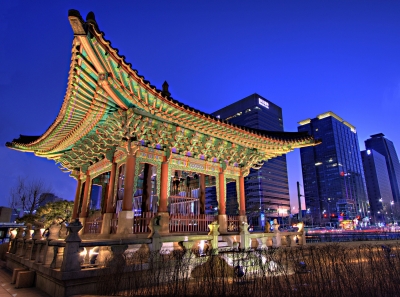In the first four parts of this series on creating your own unofficial international relations degree using free Massive Online Open Courses (MOOCs), I have come across a number of additional courses that will enhance the original series’ curation (if you had missed the previous parts, please see Part 1 on international relations foundations, Part 2 on Regional Concentrations, Part 3 on Conflict and Other Thematic Concentrations, and Part 4 on diplomacy and languages). While many of these courses supplement existing concentrations from the previous series, I have included two new thematic concentrations closely related to international relations: Climate Change, and Global Health and Humanitarianism.
Once again, none of these courses are for actual university credits, but are meant to be more or less professional development or interest courses. The basic courseware is always free; certification for completion may be purchased, but is by no means mandatory.
New Specializations
Climate Change
Some of the most important, if not outright existential, threats to human security today are climate change and dwindling non-renewable resources. UNESCO’s Climate Justice: Lessons from the Global South (starts November 14) introduces the philosophical and ethical questions surrounding resource management, sustainability, and economic development from the lesser-heard perspective of the Global South. Climate Change Leadership (starts November 7) draws on multiple disciplines to show how different levels of governmental and non-governmental organizations are responding the climate change, as well as show tools to learners to become climate change leaders on their own.
Another critical environmental issue is depleting resources. Global Resource Politics: the Past, Present and Future of Oil, Gas and Shale (starts January 9, 2017) investigates the political and economic ramification of the American shale revolution, especially its impact on the existing oil trade. Water Resources Management and Policy (starts November 7) looks at the future of our most vital resource, water. This course looks at various case studies of how governments around the world manage water and sustainability. Global Food Security: Addressing the Challenge (start date TBA) takes a Malthusian turn as it ponders the implications of needing to “feed an extra two billion people by the middle of this century”.
Global Health and Humanitarianism
Global health is another emerging realm in international relations and security. An Introduction to Population Health (started October 31) lays the foundation for the most important issues facing global health practitioners today. For a more practical recent case study, Coursera (starts October 31) and Futurelearn (starts November 21) have courses on lessons learned from the global responses to the Zika epidemic, particularly about preventing and controlling global epidemics.
Humanitarian Response to Conflict and Disaster (start date TBA) analyzes how the international community responded to humanitarian and conflict challenges through four case studies in the Democratic Republic of Congo, Somalia, the Balkans, and Afghanistan. Humanitarian Communications (starts November 29) discusses ways for humanitarian professionals to properly and effectively address communication crises and safety protocols.
Learners interested in humanitarianism may be specifically interested in international migration crises dominating today’s headlines. Why do People Migrate, Part 1 and Part 2 (self-paced) looks at various migration and refugee crises around the world today, and compares case studies to theories about what causes mass migrations. Ending Slavery: Strategies for Contemporary Global Abolition (started October 17) is about the 45.8 million modern slaves who are forced to work and be transported against their will, and efforts to end worldwide slavery.
Update to Part 1
Global History
Professor Jeremy Adelman teaches an extremely comprehensive world history course called Global History Lab (next start date TBD). His thorough lectures tell the story of how the world became globalized since 1300, by showing how various political, intellectual, social, and legal processes from different parts of the world converged and affected one another. His assignments give learners the opportunity to analyze primary sources in topics such as War, Statelessness, Science and Global Health, and Trade. While more academically rigorous than the average MOOC, it should provide a solid foundation for IR learners to understand the rise of globalization from multiple perspectives.
Update to Part 2
Europe
There have been some new introductory courses that give the European politics specialization a stronger theoretical grounding. Drawing on various disciplines, Sciences Po’s Geopolitics of Europe (starts November 21) looks to be an excellent introduction to the various internal and external challenges facing Europe now and in the next few decades. On a less theoretical but more policy-oriented footing, EU policy and implementation (starts December 1) introduces political mechanisms governing the European Union by breaking down how the supranational organization’s policies are made and evaluated across the continent. Human Rights for Open Societies (starts November) will deal with the European Convention on Human Rights, what it entails and how it is upheld through today’s important humanitarian crises.
Middle East
Israel State and Society (starts October 31) is a new, comprehensive course looking at all aspects of the creation and development of Israeli political identity, and the challenges facing the embattled Middle Eastern state through geopolitics, demographics, culture, and economics. This course should be a good complement to the Middle East module, particularly in conjunction with the courses on Israeli history.
United States
Although the main series regrettably did not feature a US regional module for lack of courses, since its publication I have found more courses to build up more comprehensive knowledge on the superpower nation.
For a historical overview of how many of the US’s liberal international norms came to be, refer to The Rooseveltian Century (starts October 31), which highlights the Roosevelt clan’s immense contributions to international security and norms. While not an international relations course per se, for non-American students, U.S. Government – Foundations, Democracy & Politics (starts January 10, 2017) is an in-depth introduction to the United States’ domestic politics and values.
Finally, those looking for an insider’s view of public policymaking in the US federal government should turn to the University of Virginia’s Public Policy Challenges of the 21st Century (starts November 21), featuring a series of keynote speeches by important policymakers and academics. Although many modules deal more with domestic issues like healthcare, IR students should be most interested in the module on US-China relations and War Powers.
Update to Part 3
More Security Courses
There are more courses on security. Stanford University hosts a course on nuclear proliferation–Living at the Nuclear Brink: Yesterday and Today (already started, but enrolments open until December 13)—taught by former US Secretary of Defense William J. Perry. This course covers not only Cold War history, but also challenges surrounding nuclear weapons, from nuclear doctrines to non-state actors to proliferation.
Georgetown University offers a course on Terrorism and Counterterrorism (self-paced) that defines what terrorism is and what causes it, and analyzes current case studies of active terrorist groups and what measures are used to contain them. There is also a three-section abridged version of this course (self-paced). Liquid challenges to the international order is also explored in Cyberwar, Surveillance and Security (self-paced), which focuses on the debate between prioritizing national security versus protecting individual privacy and liberties in an age of ubiquitous surveillance.
Update to Part 4
A course that was introduced in the main series, The Geopolitics of Hospitality, will be returning on January 2 under a name, The Politics and Diplomacy of Cooking and Hospitality. It will apparently be covering the same topic as the old iteration: how cooking and banquets converge with state protocol and diplomacy.
“Overlooking terraced fields in Bajura District” (2012), by Possible via Flickr. Licensed under CC BY-NC-ND 2.0.
Disclaimer: Any views or opinions expressed in articles are solely those of the authors and do not necessarily represent the views of the NATO Association of Canada.




